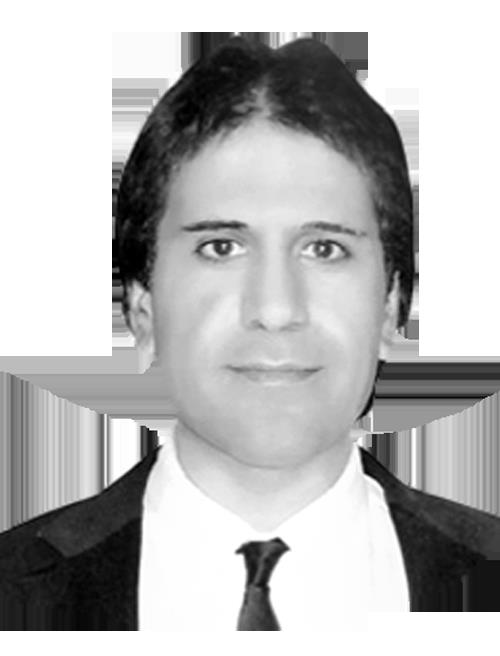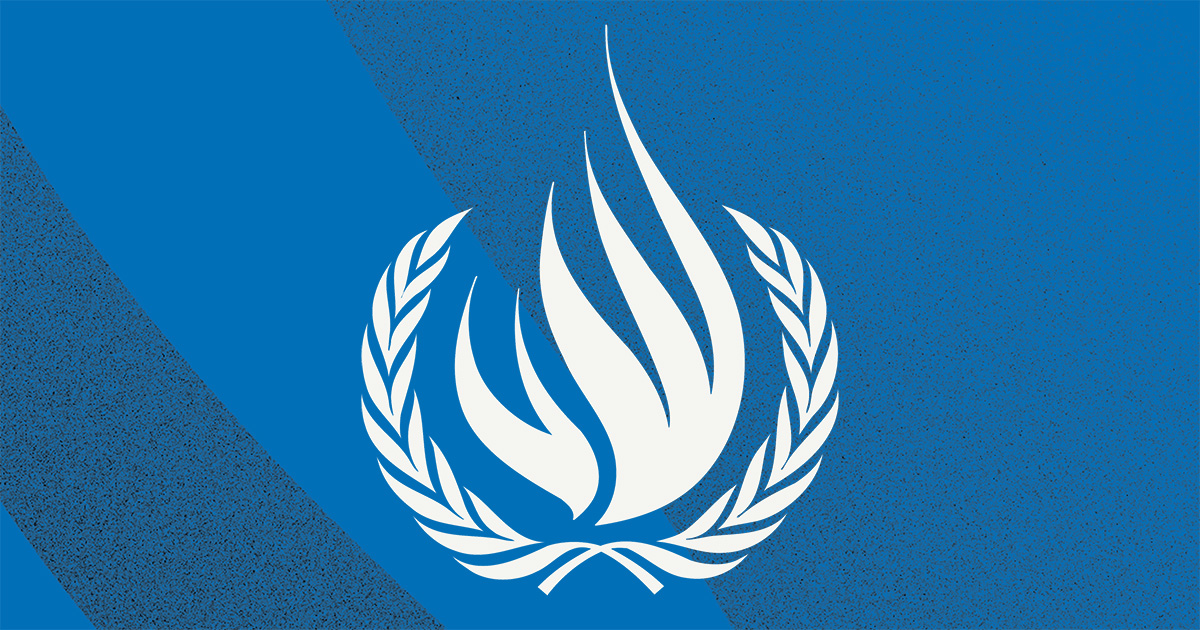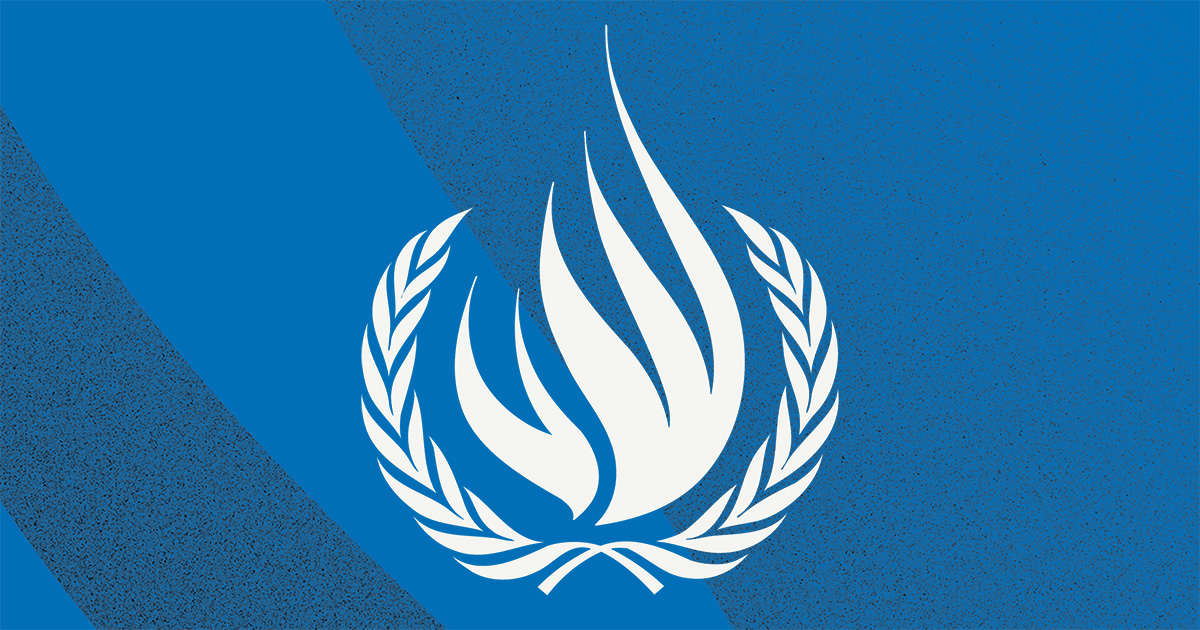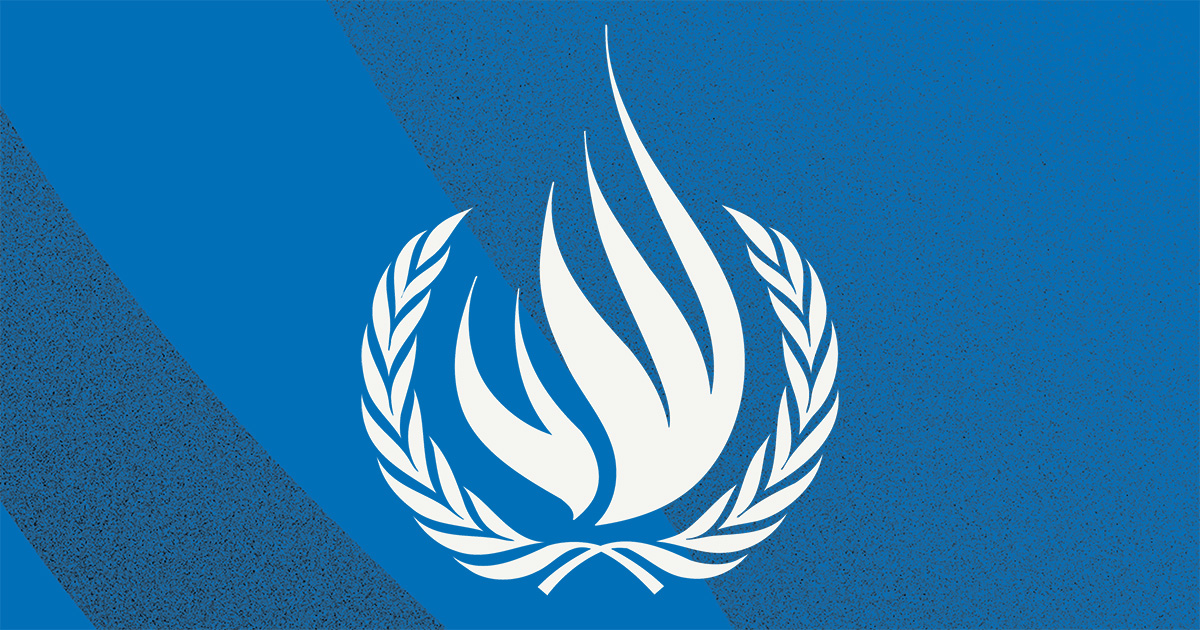
GENEVA (2 November 2020) – In a world where more than two billion people are deprived of access to water and sanitation, the COVID-19 pandemic underscores the vital importance of guaranteeing this most fundamental of human rights, a UN expert said today.
“Frequent hand washing is currently one of the most effective preventive measures available to protect against the spread of COVID-19, but we cannot reasonably tell people to wash their hands frequently, if they do not have access to safe water,” said Pedro Arrojo-Agudo, the UN special rapporteur on the human rights to safe drinking water and sanitation.
“To shut the door on the spread of this virus, we must guarantee universal access to water and sanitation services.”
“I take up my duties in the midst of a double global crisis – climate change and COVID-19,” said Arrojo-Agudo, who took over the mandate in November. “If we want to surmount these crises, we must empower marginalized people and groups, make sure we protect women and girls and of course, protect people who stand up for human rights.”
“I will carry out my duties independently, but I know I am not alone. I will work together with thousands of human rights defenders around the world who often put their own lives in danger to assure the rights of all of us.”
Calling water “the blue soul of life,” he said it provides a powerful platform for understanding how social and environmental values are interrelated and how the healthy conservation of our aquatic ecosystems is essential to guarantee universal access to safe drinking water and sanitation as human rights.
Arrojo-Agudo set out his priorities in introductory videos in English, Spanish, French and Portuguese.
ENDS
The Expert: Mr. Pedro Arrojo-Agudo (Spain) is the Special Rapporteur on the human rights to safe drinking water and sanitation, appointed in September 2020. He is Emeritus Professor of Economic Analysis at the University of Zaragoza and previously, served as an elected member of the Spanish Parliament during its eleventh and twelfth legislature from 2016 to 2019.
The Special Rapporteurs, Independent Experts and Working Groups are part of what is known as the Special Procedures of the Human Rights Council. Special Procedures, the largest body of independent experts in the UN Human Rights system, is the general name of the Council’s independent fact-finding and monitoring mechanisms that address either specific country situations or thematic issues in all parts of the world. Special Procedures’ experts work on a voluntary basis; they are not UN staff and do not receive a salary for their work. They are independent from any government or organization and serve in their individual capacity.









